Is It Necessary to Remove All Four Wisdom Teeth?

Understanding the Need for Wisdom Teeth Removal
Wisdom teeth, also known as third molars, are the last set of teeth to develop in the human mouth, usually emerging between the ages of 17 and 25. However, they often don't have sufficient room, leading to potential complications. This article explores the necessity and implications of removing wisdom teeth, focusing on whether it's essential to extract all four at once. As we delve into common advice and professional recommendations, we'll help clarify why some dentists advocate for complete extraction and discuss alternatives to this common dental procedure.
Why Wisdom Teeth Are Often Extracted

Why is it sometimes recommended to remove wisdom teeth?
Wisdom teeth extraction is often recommended to prevent potential complications. These include issues such as misalignment of other teeth, discomfort, and challenges in maintaining oral hygiene. When wisdom teeth become impacted, they may fail to erupt properly, leading to infections, cysts, and damage to neighboring teeth.
Even partially erupted wisdom teeth can create pockets for bacteria to thrive, significantly increasing the risk of gum disease and cavities. The American Dental Association (ADA) advises removal in cases involving pain, recurring infections, or substantial tooth decay.
Younger adults generally experience safer and easier recoveries post-extraction. Their jawbones tend to be less dense, and the roots of the wisdom teeth are not fully developed, which minimizes surgical risks.
Potential complications of keeping wisdom teeth
Keeping wisdom teeth can lead to various dental problems:
- Gum disease: Wisdom teeth are harder to reach during cleaning, making it easier for plaque and bacteria to accumulate.
- Impaction: This occurs when there isn’t enough room in the mouth for the wisdom teeth, causing them to press against adjacent teeth, which can lead to pain and damage.
- Cysts and abscesses: Infected or impacted wisdom teeth can form cysts, which may require additional surgical intervention.
- Cavities: Wisdom teeth can also develop decay that may be difficult to treat due to their location.
Given these complications, many dental professionals recommend proactive removal to avoid health issues down the line. Approximately 85% of wisdom teeth will eventually need to be removed, underscoring the importance of regular check-ups and X-rays to monitor their status.
Keeping Wisdom Teeth: Conditions and Risks

Can wisdom teeth be retained without causing issues?
Wisdom teeth can be retained without causing issues if they emerge correctly and there is adequate space in the mouth. In rare cases, patients may maintain healthy wisdom teeth that function without problems. However, the challenge lies in their location, which often makes them hard to clean effectively.
What risks are associated with keeping wisdom teeth?
The difficulties in maintaining oral hygiene can lead to bacterial growth, gum disease, and other dental complications. Conditions such as cysts, infections, and crowding of adjacent teeth can also develop over time.
The American Dental Association strongly suggests having wisdom teeth removed if they cause discomfort, complications, or damage to surrounding teeth. With over 85% of wisdom teeth requiring extraction eventually, regular dental check-ups are crucial to monitor their condition and decide whether they can be safely retained.
| Risk | Description | Prevention |
|---|---|---|
| Gum disease | Difficulty cleaning can foster bacteria leading to periodontal issues. | Regular dental check-ups |
| Infection | Impacted wisdom teeth can create pathways for infections. | Prompt removal of problematic teeth |
| Damage to nearby teeth | Wisdom teeth may push against adjacent teeth, leading to potential misalignment or pain. | Monitoring and evaluation by a dentist |
| Cysts and abscesses | Can develop if wisdom teeth exert pressure on surrounding bone and tissues. | Regular X-rays and inspections |
Approach to Removing All Four Wisdom Teeth

Considerations for removing all four teeth
Removing wisdom teeth is a common procedure, especially for those aged 17 to 25. A significant factor in promoting this practice is that younger patients tend to have roots that are not fully developed, resulting in a simpler extraction process. Additionally, the surrounding bone is softer in younger individuals, diminishing potential complications and improving recovery times.
Oral health professionals advocate for the extraction of all four wisdom teeth at once. This approach can prevent the misalignment of teeth and reduce the risk of future dental issues. Nearly 85% of wisdom teeth may require removal due to complications such as impaction or infection; therefore, addressing them all in one go can save patients from repeated surgeries later.
Benefits and risks of all-at-once removal
Removing all four wisdom teeth during a single procedure comes with both advantages and risks. On the positive side, it can limit recovery time and dietary restrictions, as patients will only undergo one recovery period instead of multiple.
Moreover, a simultaneous extraction aligns with affordability, as costs associated with anesthesia and follow-up appointments are reduced. Many dental experts recommend this method due to lower overall risks and complications when compared to separate extractions.
However, potential risks include infections, excessive bleeding, and nerve damage. Patients may also experience significant swelling and discomfort post-surgery, requiring strong pain relievers for relief.
In conclusion, while removing all four wisdom teeth at once minimizes the likelihood of future dental problems and simplifies the surgical process, it’s crucial to weigh these factors against the inherent risks. Consulting with an oral surgeon can help determine the best course of action based on individual health and dental needs.
Debate Over Preventive Wisdom Teeth Removal

Why do some experts advise against removing wisdom teeth?
Some dental professionals argue against the routine removal of wisdom teeth due to the risks involved in the procedure. Complications may arise during extraction, including nerve damage, excessive bleeding, or adverse reactions to anesthesia, making it crucial to evaluate individual needs carefully. Not everyone suffers from dental issues related to wisdom teeth; some individuals possess sufficient jaw space, allowing these teeth to coexist without complications.
Recent studies underscore the importance of a more conservative approach. Removing wisdom teeth only when clear symptoms or problems manifest is now recommended. This tailored treatment plan focuses on preserving dental health and minimizing unnecessary surgical interventions.
Safety and risk considerations
While the removal of wisdom teeth is common, the potential risks require thoughtful attention. As many as 90% of individuals may possess at least one impacted wisdom tooth, signaling the likelihood of future issues. However, the surgical procedure itself can lead to significant discomfort, swelling, and even pain that may necessitate strong pain medication during recovery.
The shift toward conservative management emphasizes the need for routine inspections and X-rays. Monitoring wisdom teeth annually allows for early detection of any issues, enabling a more informed decision regarding their removal.
Exploring Alternatives to Extraction

What are alternative approaches to managing wisdom teeth?
There are several approaches to managing wisdom teeth that may reduce the need for extraction. Regular monitoring through routine dental check-ups and X-rays is crucial. These evaluations help identify complications early, potentially avoiding the need for immediate surgery.
For some individuals, orthodontic treatments can be employed to create space for proper eruption. This proactive approach may facilitate alignment without necessitating extraction.
Non-surgical methods are also available. Pain management with NSAIDs or antibiotics can relieve discomfort associated with impacted teeth. In specific cases, less invasive techniques like extraction under local anesthesia or partial removals can be discussed to alleviate issues without full surgical intervention.
Additionally, treatments such as root canals can preserve areas of the tooth, and dental implants serve as a means to replace teeth when extraction is unavoidable.
Making an Informed Decision on Wisdom Teeth
Deciding whether to remove all four wisdom teeth hinges on a combination of personal oral health circumstances and professional advice. While removal can prevent potential complications down the line, it's not an absolute necessity for everyone. Regular dental evaluations and consultations are key to tailoring the right approach, ensuring individuals make informed decisions about their dental health. Whether choosing to extract or retain wisdom teeth, understanding the associated benefits and risks helps patients navigate their unique dental journeys with confidence and clarity.
References
- Is Removal of All 4 Wisdom Teeth Necessary?
- Should I Get 2 or All 4 Wisdom Teeth Removed? | ABQ | Rio Grande
- 4 Reasons Why You Should Have all 4 Wisdom Teeth Removed at ...
- Wisdom Teeth Removal: Procedure & Recovery - Cleveland Clinic
- Why Remove all 4 Wisdom Teeth? - Kalant, Pink & Associates
- Should I Have All Four Wisdom Teeth Removed at Once?
- Wisdom tooth removal - Mayo Clinic
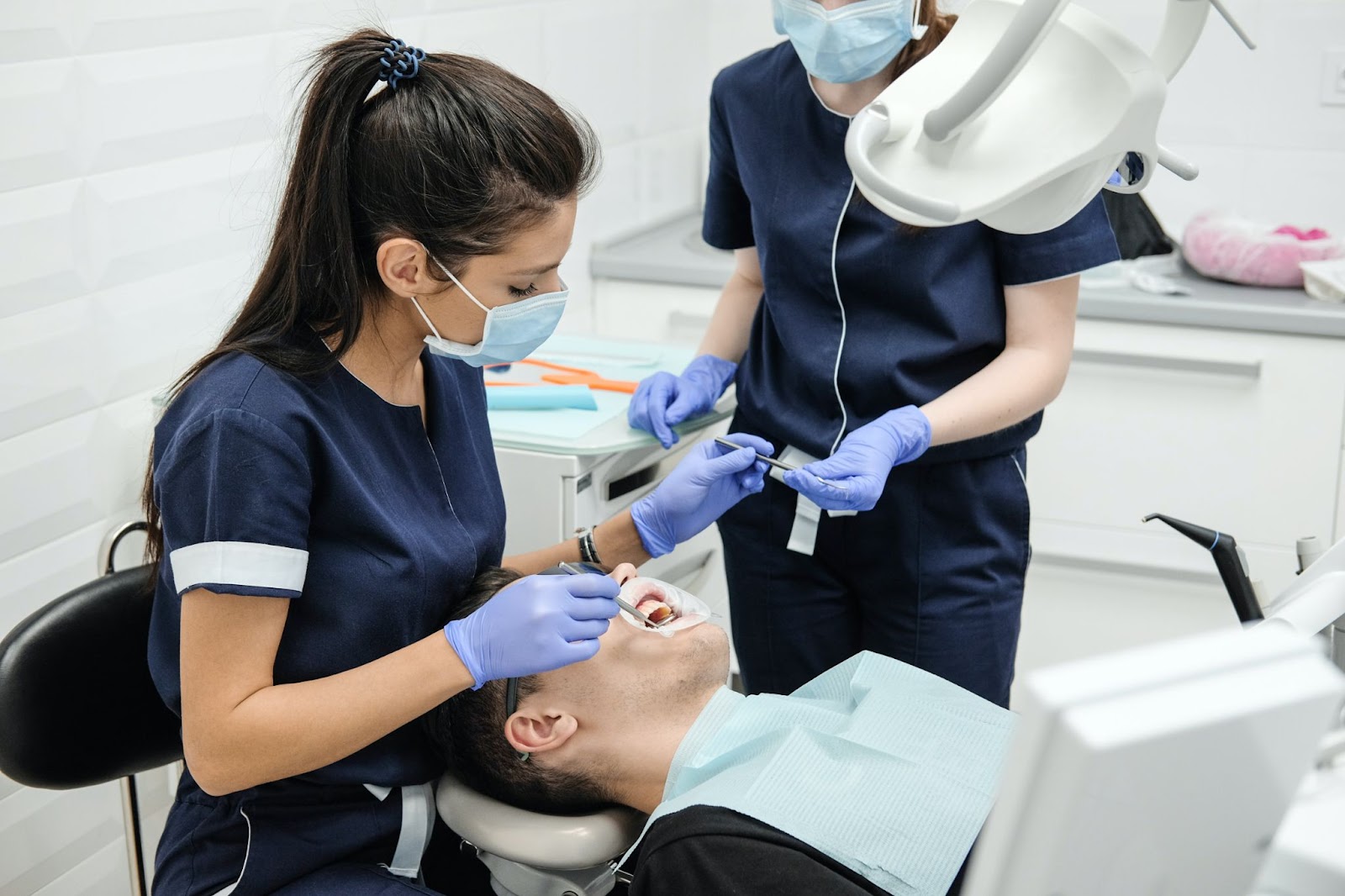






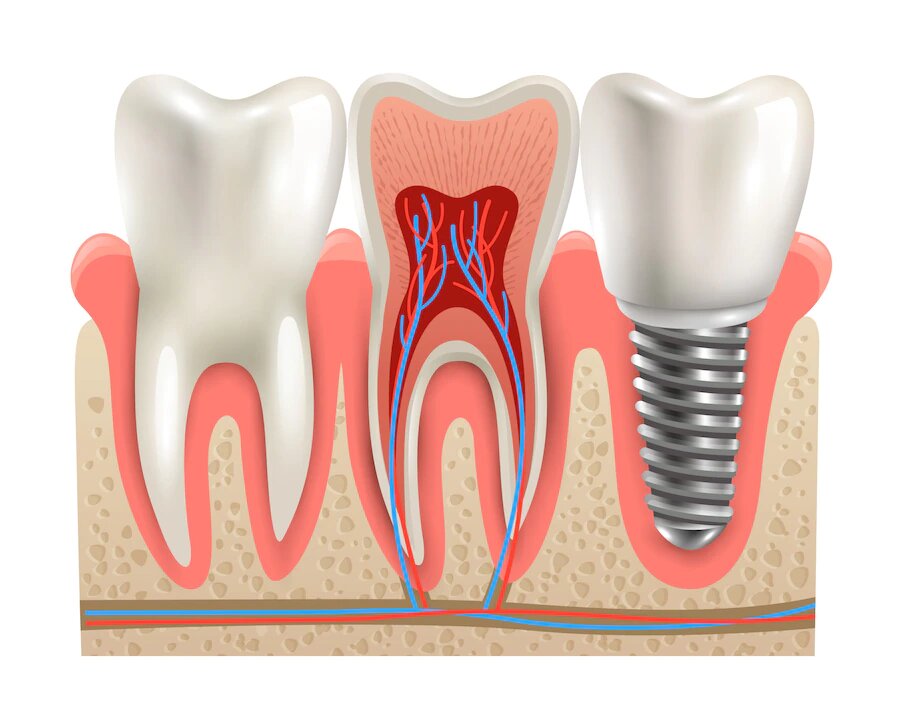










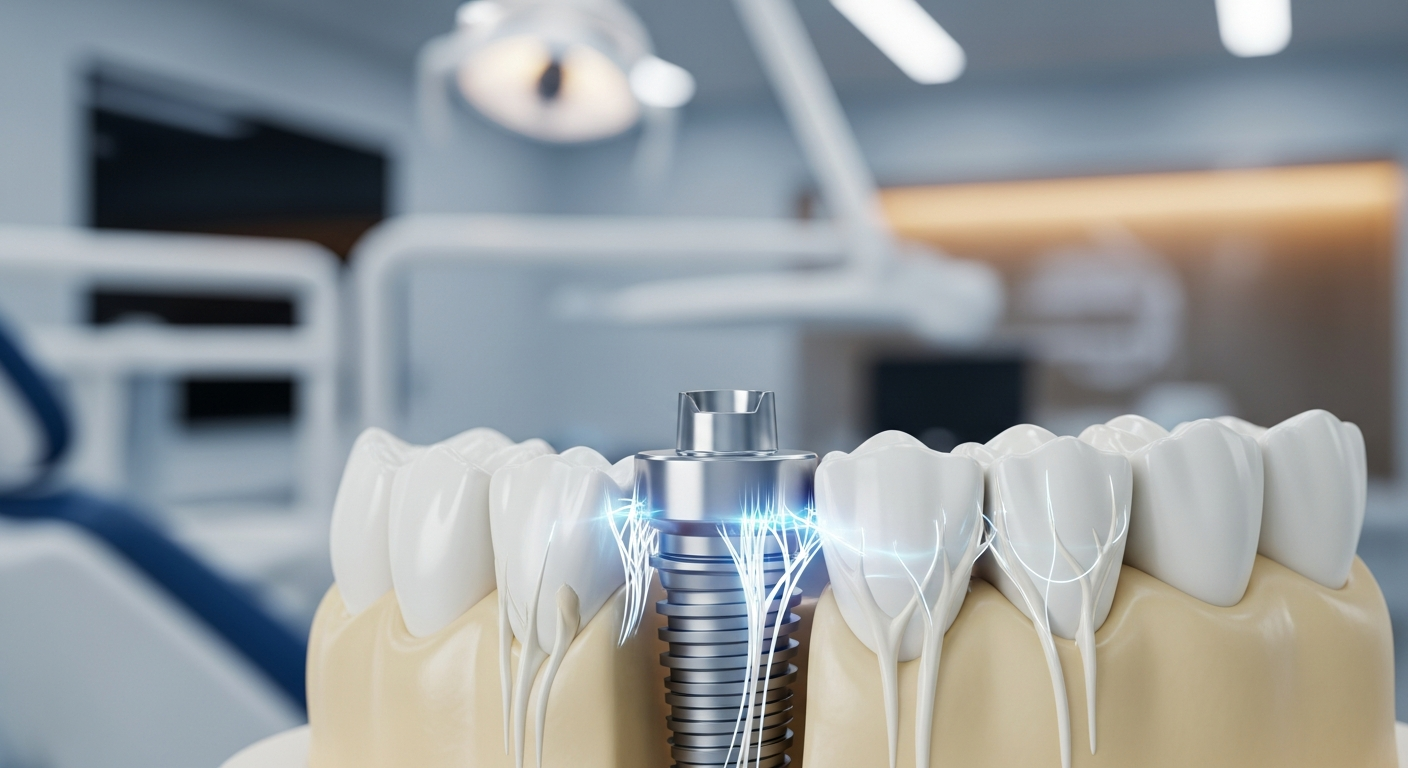






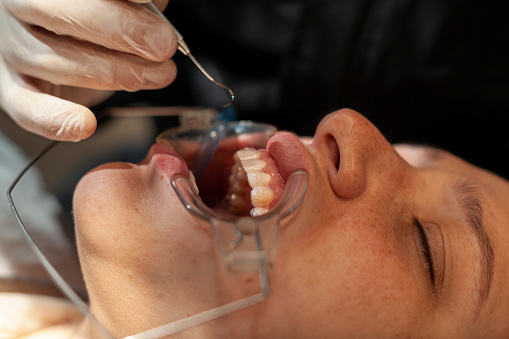

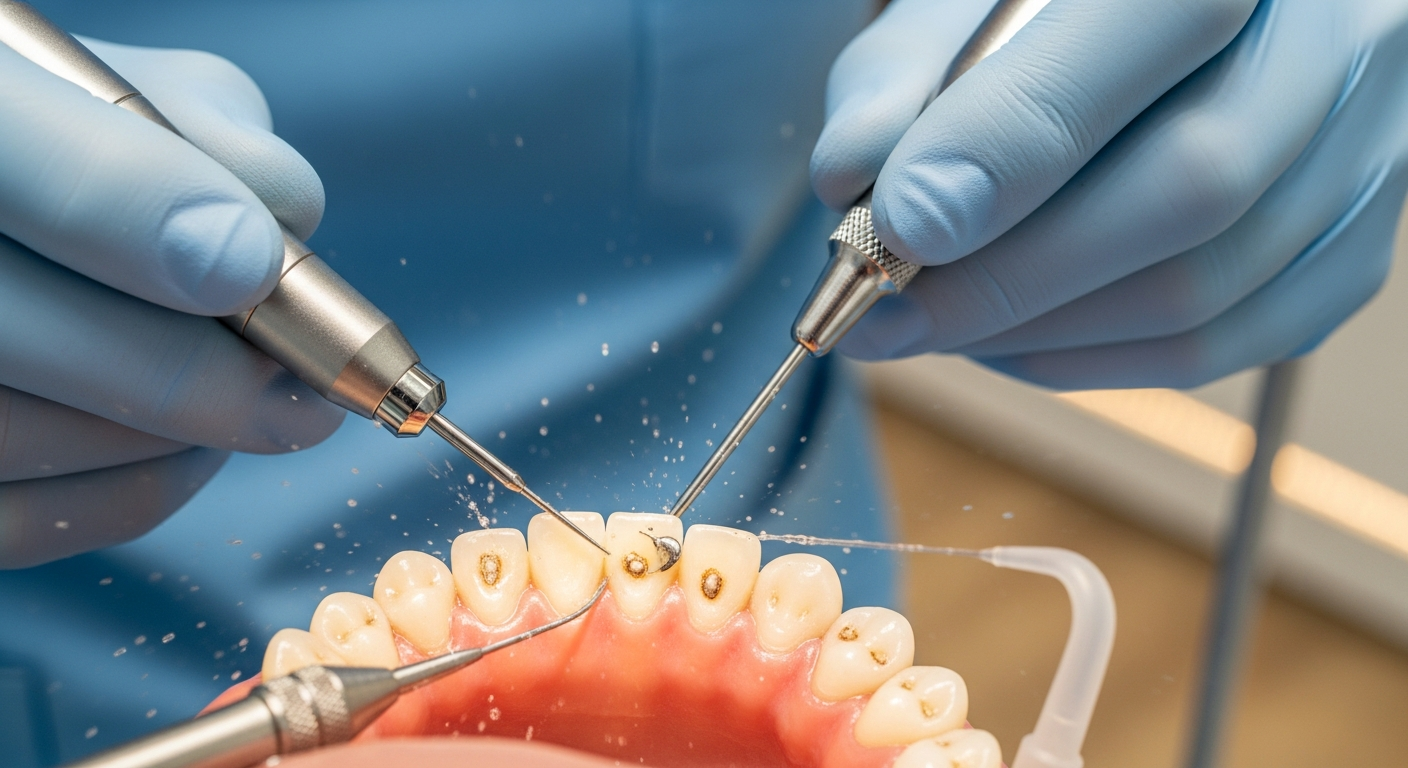


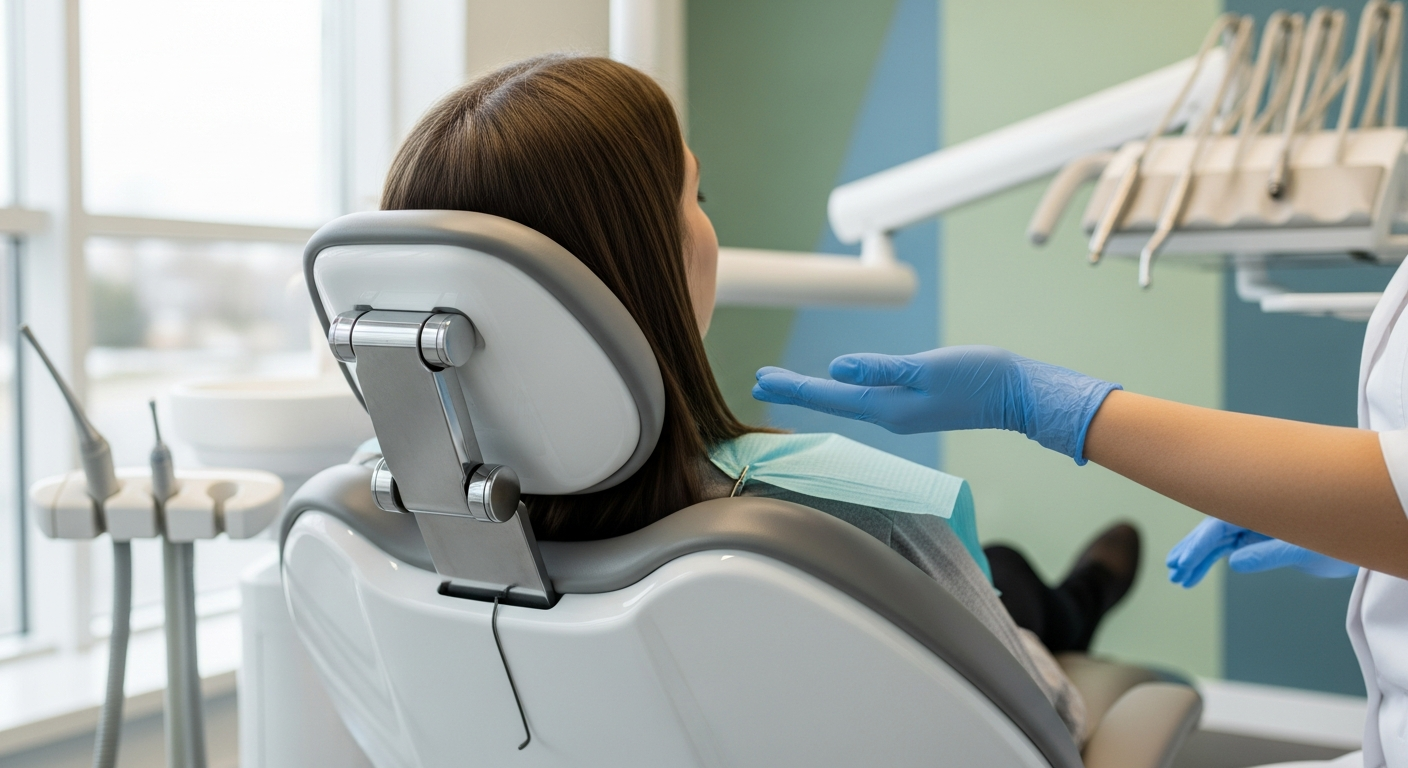

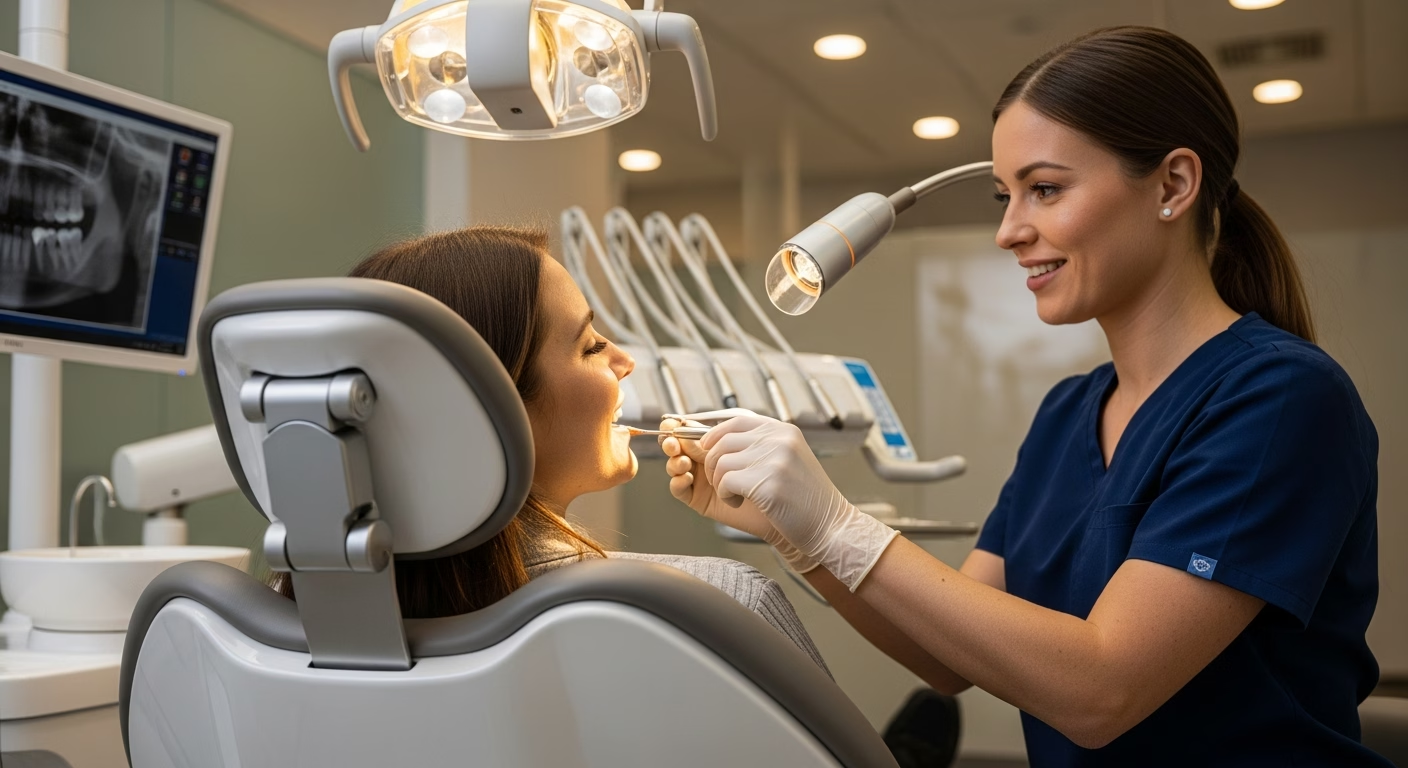
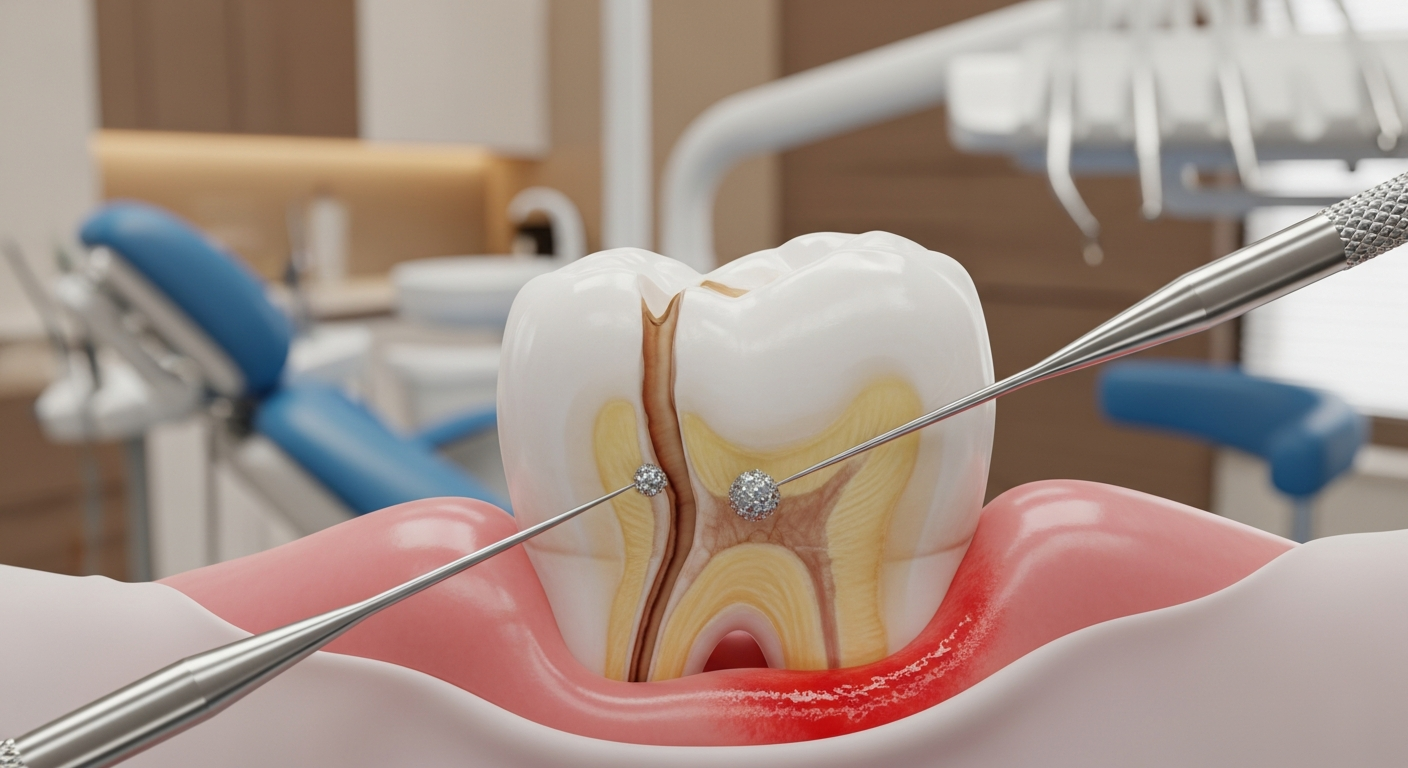




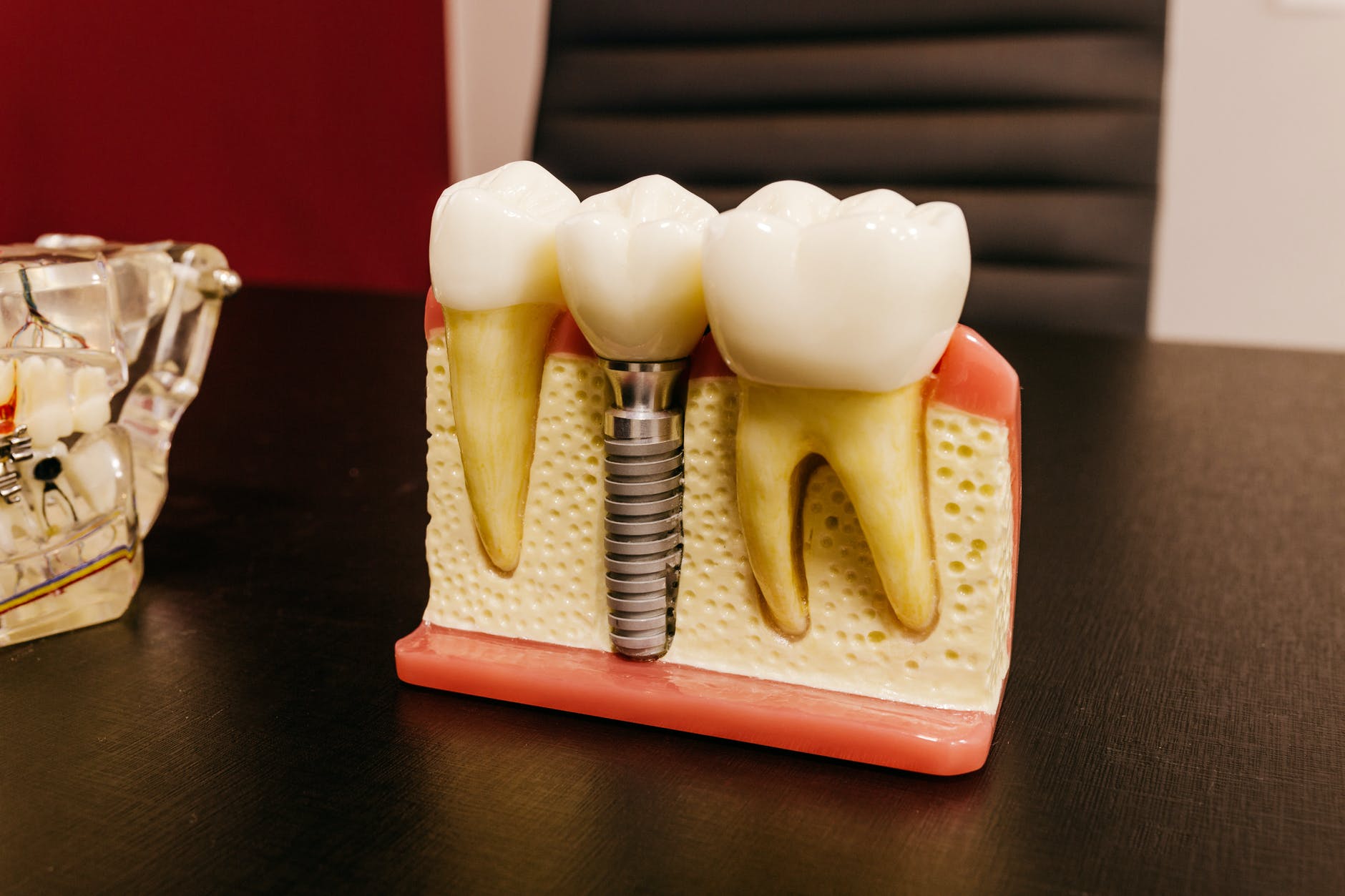


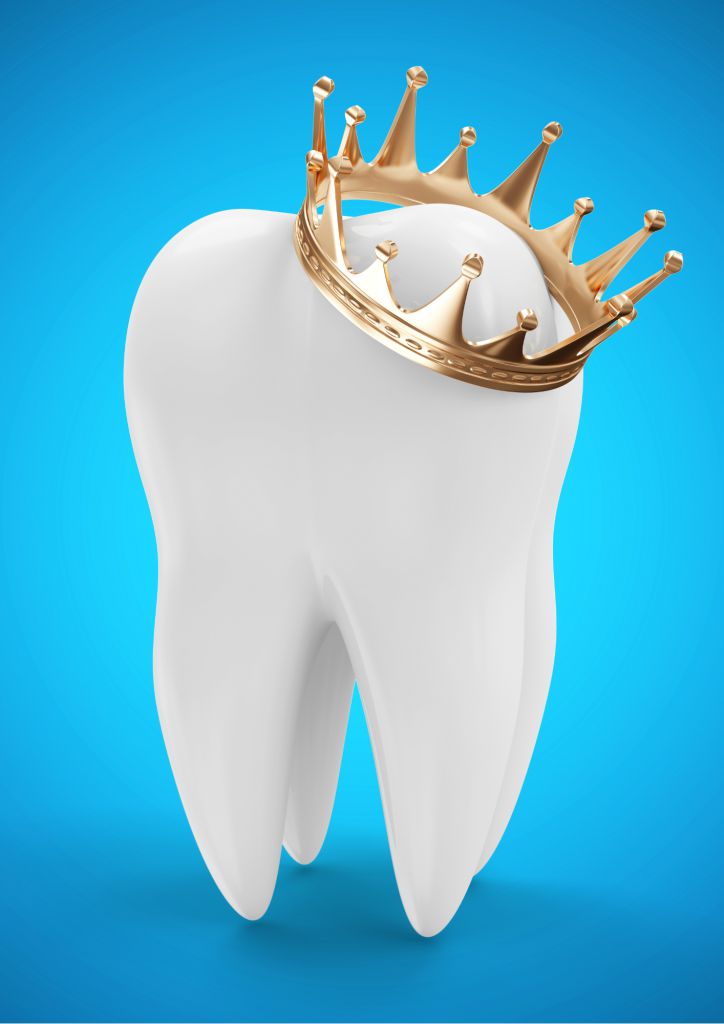







.avif)


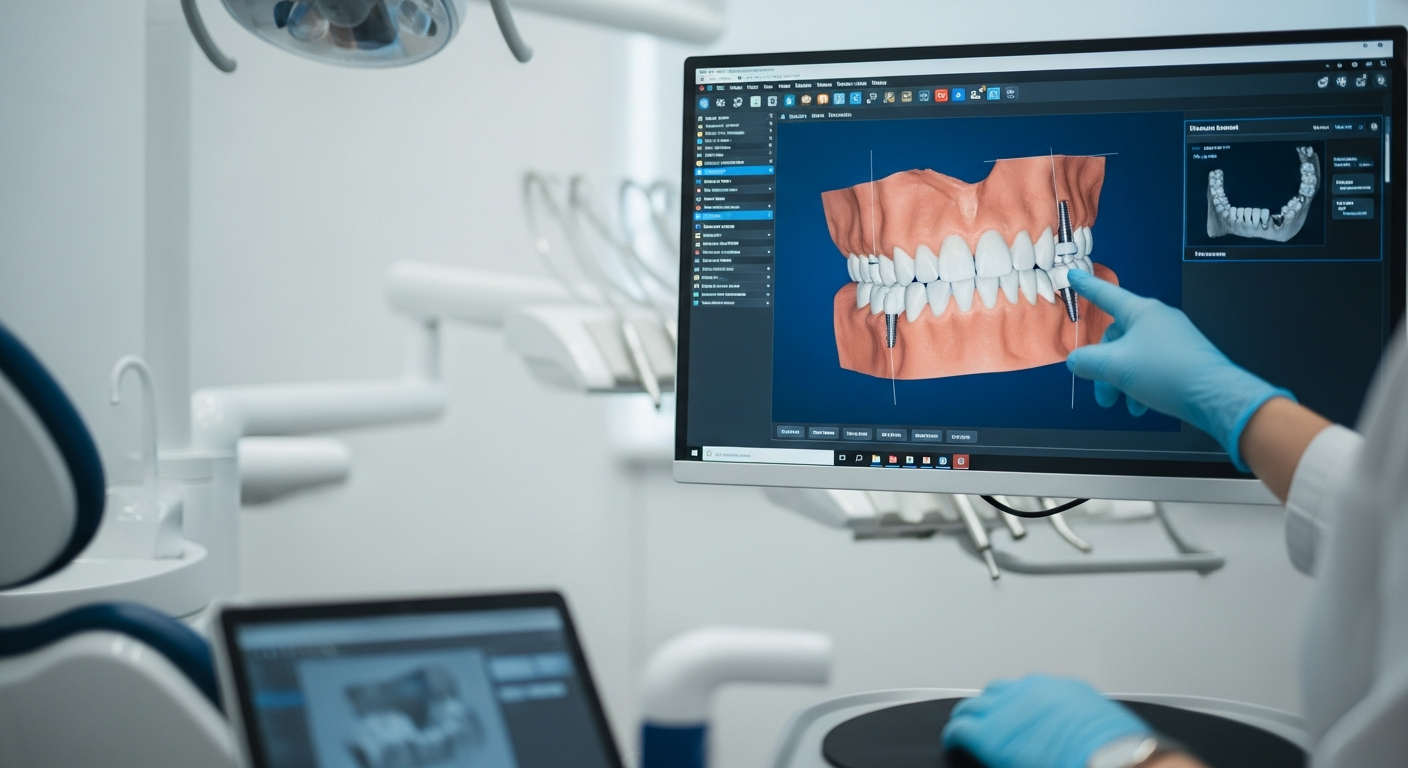



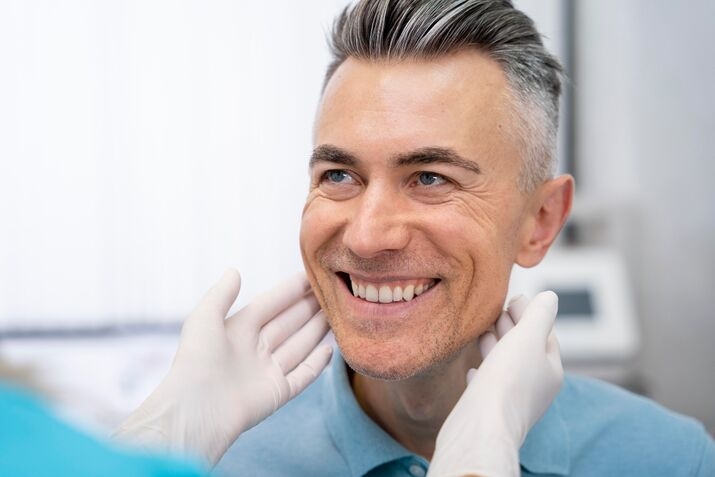



.jpg)


















.avif)


















.jpg)


